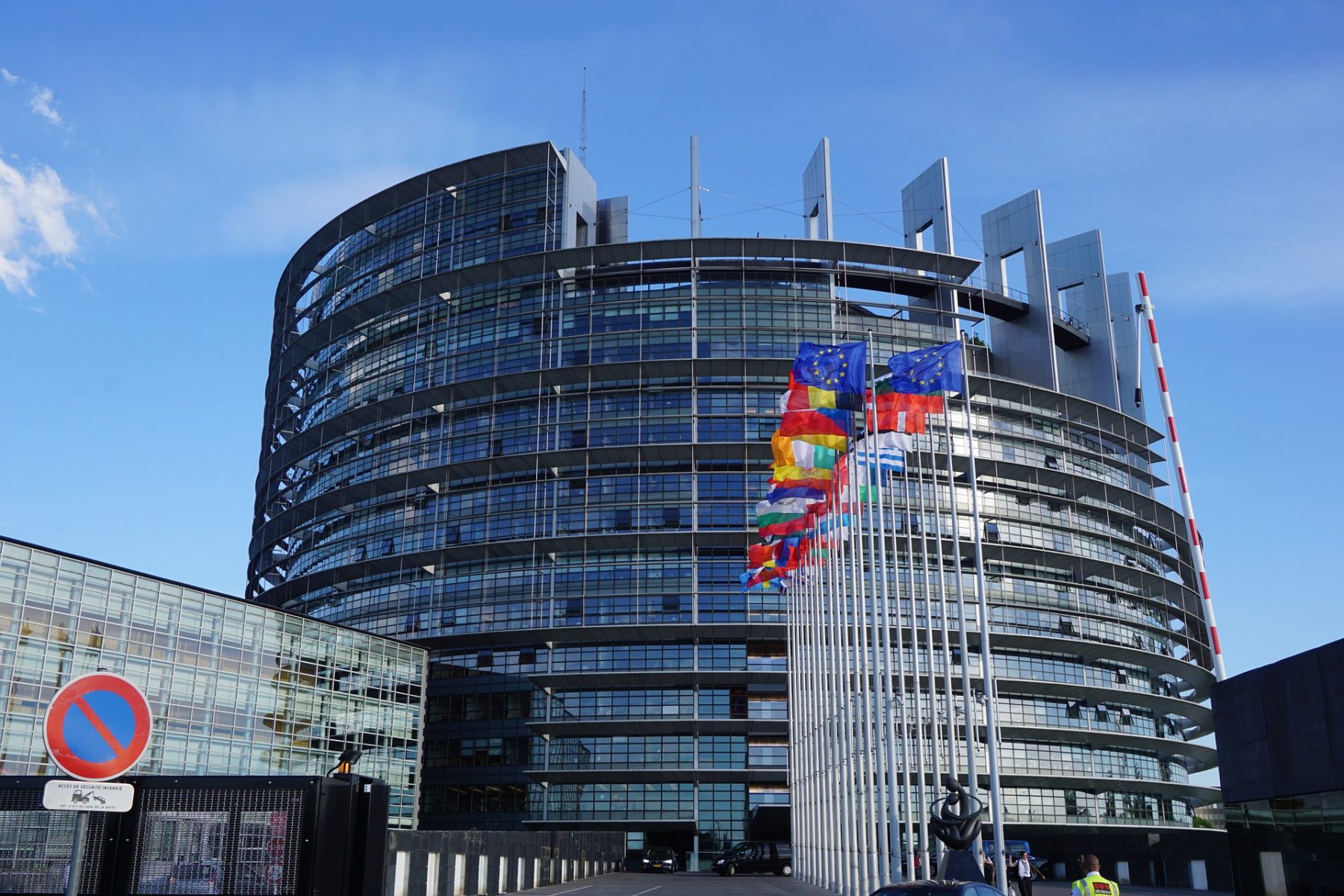ACT sees AVMSD Review as a missed opportunity

Download the document
BRUSSELS, 7 June 2018. The Association of Commercial Television in Europe (ACT) believes that the AVMSD review could have done much more to sustain Europe’s broadcasting sector. While it was initially conceived as a liberalising measure to keep pace with market developments and to ensure fairer competition with digital platforms, broadcasters still remain far more heavily regulated than Video Sharing and other online platforms.
Broadcasters are proud to play a leading role in the financing, dissemination and development of European original content, including news and current affairs. They play a fundamental role in European society that needs to be nurtured and encouraged, supported by a dynamic policy framework. Their tradition of strong, high-quality editorial independence is particularly important at a time where trust and accuracy are in short supply online.
As noted in the Eurobarometer on fake news and online disinformation (March 2018) about trust in media: “Respondents perceive traditional media as the most trusted source of news: radio (70%), television (66%) and printed newspapers and news magazines (63%).” They also concluded that the least trusted sources of news are video hosting websites (27%) and online social networks (26%).
Broadcasters want to continue fulfilling this important role, but the review has failed to support them with a new, more equitable regulatory balance between broadcasting and online regulation. Instead the revised Directive applies very limited new editorial responsibilities to online platforms, while applying new administrative burdens, more quotas and a levy system to broadcasters and VoD services that leaves less financial room for investment. These issues need to be urgently revisited in the next Commission via existing or new legislative instruments.
ACT’s Director General, Grégoire Polad, had the following comment to make:
“ACT wishes to thank all of the stakeholders that have been very actively involved throughout this review, particularly the Parliament and Commission. Commercial Television has been an active champion of a revised AVMSD that would provide a legal environment to address shifting and complex market realities. While the new measures bring welcome flexibility on advertising and signal integrity, we have to conclude that on balance the outcome does not favour broadcasters. This is regrettable as commercial broadcasters are keen to continue playing their role as financing, and disseminating Europe’s world-leading content. Unfortunately the new regime does not address the structural issues at play. This is a missed opportunity. One simple principle for the next Commission: the public should expect and receive the same level of protection no matter what medium they access or are provided content from. This is the basis for preserving public trust in media.”
— END —

